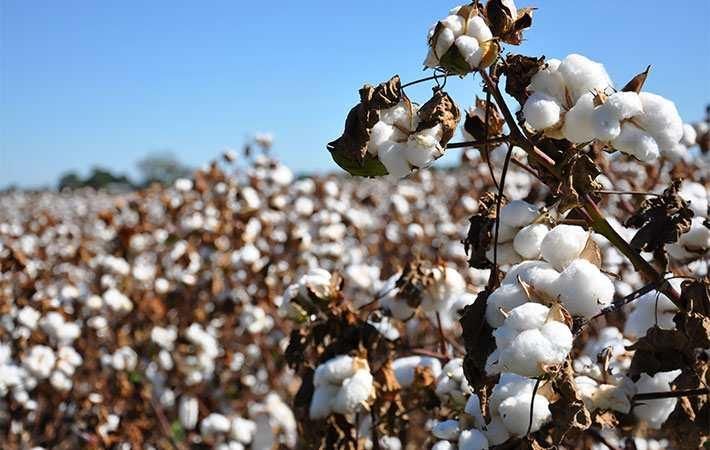Ethiopia, after adopting a law that allowed experimenting with the transgenic Bt cotton in laboratory and fields, has entered the final stage of field trials after four years of experiment with four different samples of this cotton variety taken from India and Sudan. It plans to supply transgenic cotton seed varieties to the global market in the long run.
According to the Ethiopian Institute of Agricultural Research (EIAR), the field trials show that Bt cotton could reverse the influence of insects that greatly affect crop productivity in the country.Ethiopia, after adopting a law that allowed experimenting with the transgenic Bt cotton in laboratory and fields, has entered the final stage of field trials after four years of experiment with four different samples of this cotton variety taken from India and Sudan. It plans to supply transgenic cotton seed varieties to the global market in the long run.#
Results from the field trials indicate that Ethiopia will have a Bt cotton variety in its farmlands soon, an Ethiopian press agency reported recently.
A workshop on Bt cotton was recently organized in Addis Abba that was attended by representatives from Sudan, Burkina Faso, South Africa, India, Australia and the United.
Attendee Sanjay K. Gupta, president of Hyderabad-based JK Agri Genetics Ltd., which has invested at the Hawassa Industrial Park, said his company would open a new cotton factory there and make huge investments in the country.
The expansion of the textile manufacturing industries and industrial parks In Ethiopia has shown a rising demand for cotton. EIAR feels the country is on the right track to commercialise Bt cotton.
EIAR deputy director Adugna Wakjira said that to transform the nation's economy based on agriculture to an industrialised one, textile and garment sectors have been given priority. At the end of the second growth and transformation plan years (GTP-II), there is a plan to generate about $1 billion from this sector. (DS)
Fibre2Fashion News Desk – India
